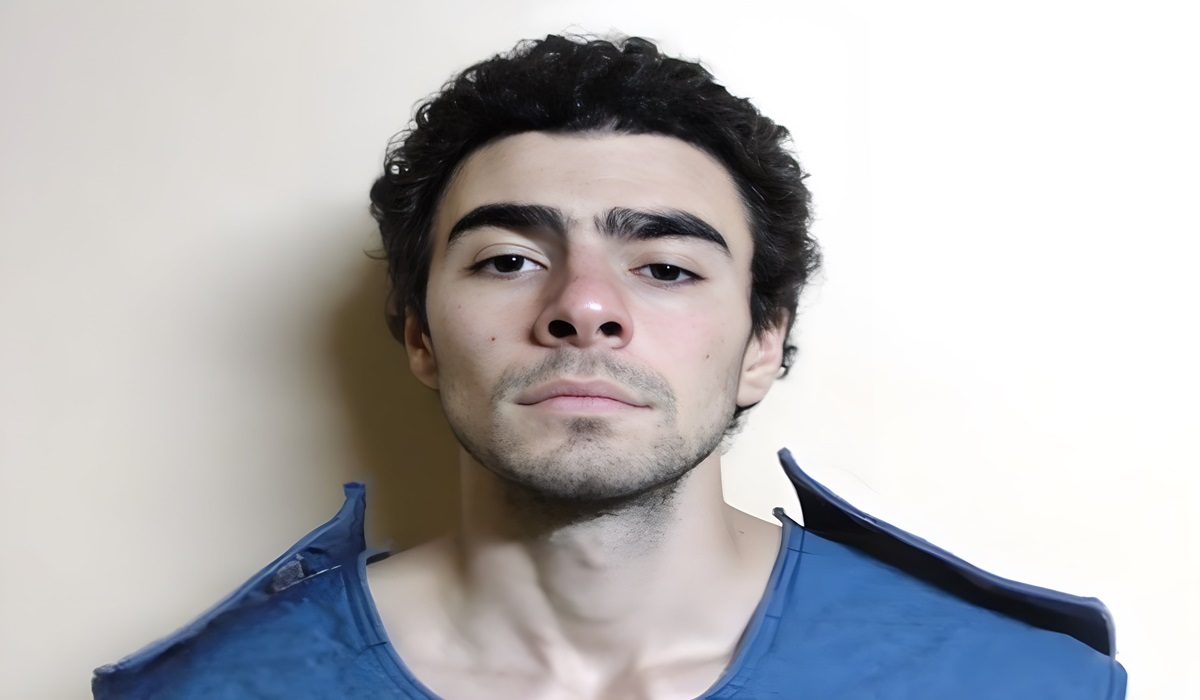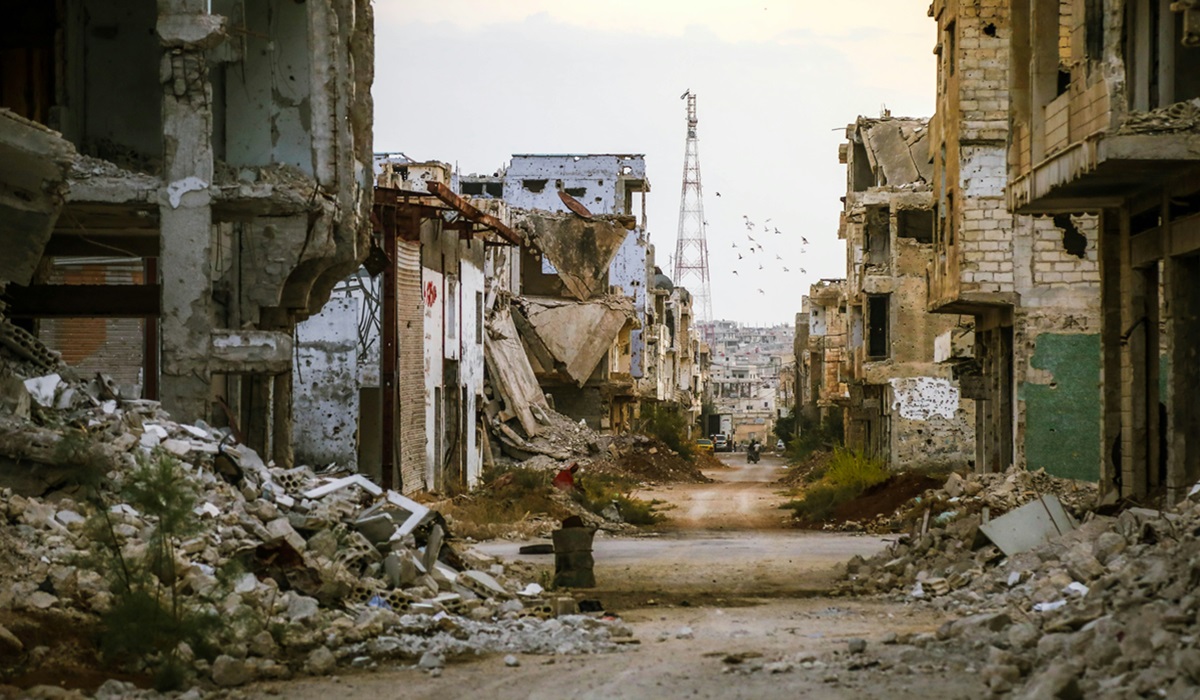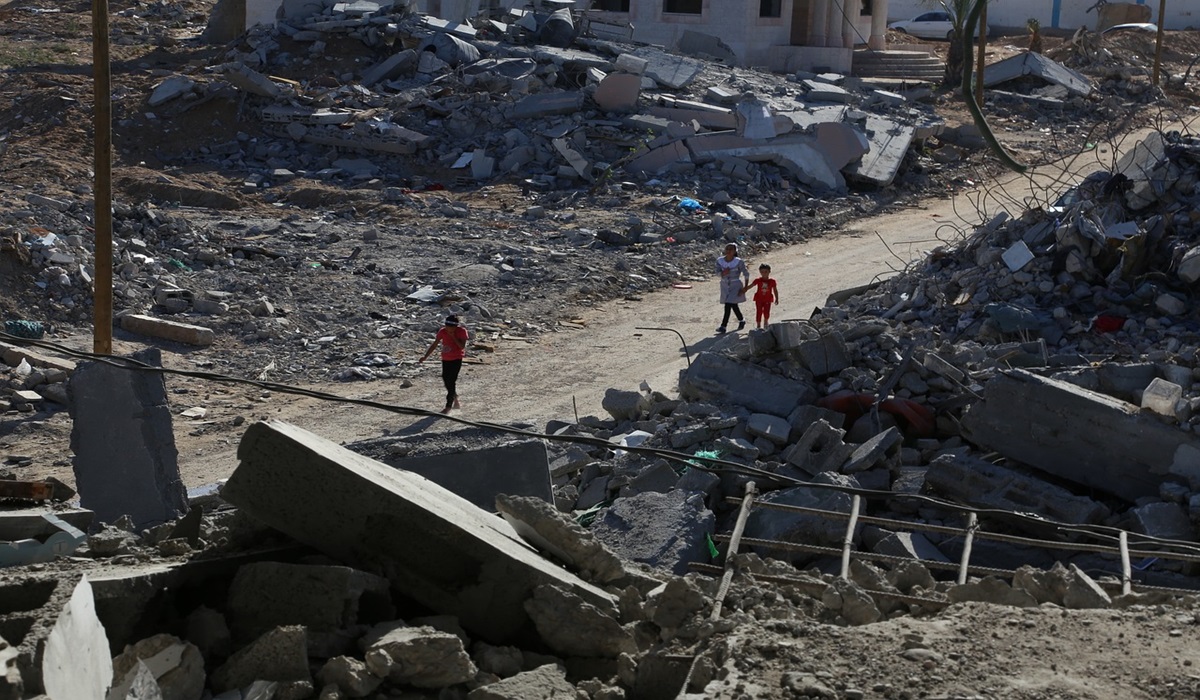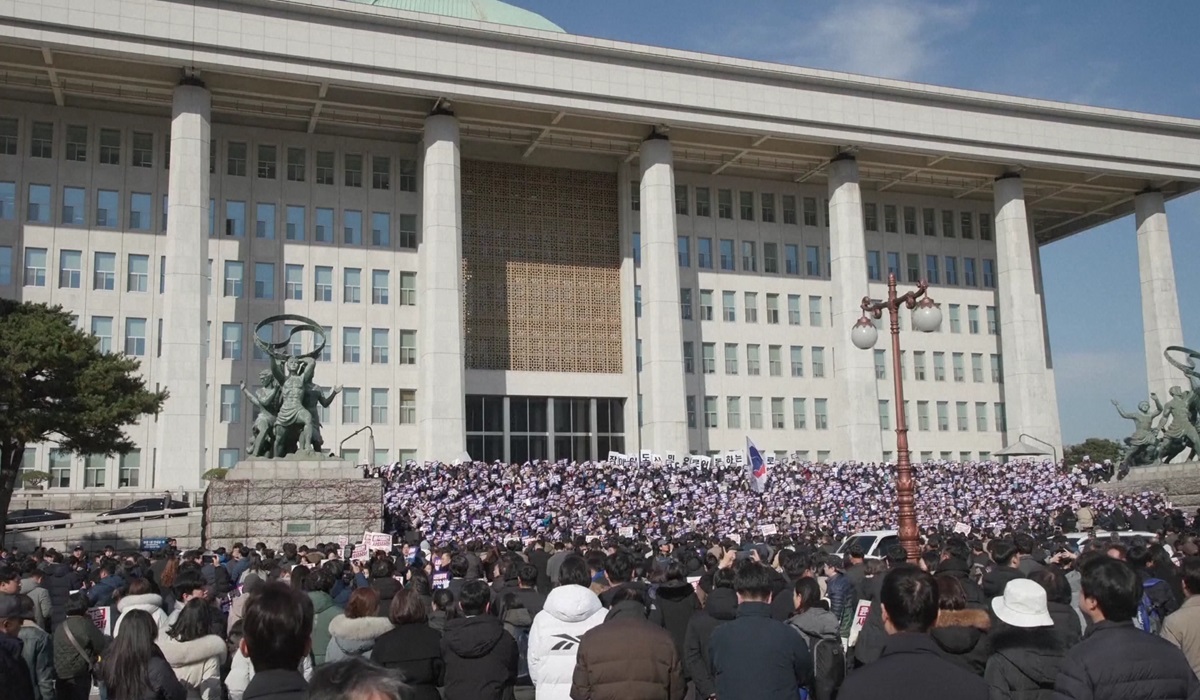Nobel Peace Prize 2024: Election Observers Lead PRIO Director’s Final List
- TDS News
- Breaking News
- October 3, 2024

Image Credit, Gregor Ritter
The final shortlist for the 2024 Nobel Peace Prize, curated by Peace Research Institute Oslo (PRIO) Director Henrik Urdal, underscores the global struggle to safeguard democracy and human rights. Topping Urdal’s list are election observers, reflecting a year in which half of the world’s population is expected to vote, despite increasing challenges to democratic norms.
Urdal highlighted the pivotal role election observers play in ensuring the credibility of electoral processes, particularly as authoritarian regimes rise and illiberal movements gain traction. This year’s Nobel Peace Prize could send a powerful message about the importance of free and fair elections, key to global peace and stability. The OSCE’s Office for Democratic Institutions and Human Rights (ODIHR), known for overseeing elections across its 57 member states, has been identified as a top contender. By upholding democratic principles, ODIHR reinforces the connection between democracy and peace—an alignment at the heart of the Nobel Prize’s ethos.
Another contender from Urdal’s list is Sudan’s Emergency Response Rooms, which have provided critical humanitarian assistance in the wake of the country’s violent conflict. As traditional aid channels struggle to meet overwhelming needs, these volunteer-led networks have stepped in, often operating in dangerous conditions. Their courage and dedication, especially in a conflict-ridden environment, have proven lifesaving, demonstrating the indispensable role of local humanitarian efforts in global conflict zones. Recognizing these grassroots efforts with the Nobel Peace Prize would not only acknowledge their contribution to Sudan’s survival but also stress the importance of community-driven responses in times of crisis.
The United Nations Relief and Works Agency for Palestine Refugees in the Near East (UNRWA) and its Commissioner-General Philippe Lazzarini also make a strong case for recognition. Despite severe funding challenges and ongoing conflict in Gaza, UNRWA continues to provide essential services to millions of Palestinian refugees. In light of recent Israeli attacks on its personnel and facilities, a Nobel Peace Prize awarded to UNRWA would highlight its crucial role in mitigating the region’s humanitarian disaster. Given the political and violent landscape surrounding the Israeli-Palestinian conflict, awarding the prize to UNRWA would underline the importance of protecting vulnerable populations in war zones.
The International Court of Justice (ICJ) is another standout nominee, with its mission to settle legal disputes and promote peaceful relations through international law. The ICJ has taken bold steps recently, from addressing potential acts of genocide in Gaza to ordering Russia to suspend military actions in Ukraine. In a polarized global landscape, the ICJ’s work underscores the role of multilateral legal institutions in fostering peace.
UNESCO and the Council of Europe round out Urdal’s list, nominated for their efforts to reshape how history is taught to foster tolerance, inclusion, and democracy. By promoting multiperspective history education, these institutions challenge nationalist and chauvinist narratives, nurturing societies that value peace and understanding. In a world increasingly divided by historical revisionism and misinformation, their contributions to education as a force for peace are more critical than ever.
The 2024 Nobel Peace Prize winner will be announced on October 11, and while the PRIO Director’s list carries no official weight, it has earned a reputation for reflecting pressing global issues. This year, Urdal’s focus on democracy, conflict resolution, and education captures the complexities of peace in the modern world. Whoever receives the prestigious award, it will undoubtedly resonate deeply with the global challenges of our time.








